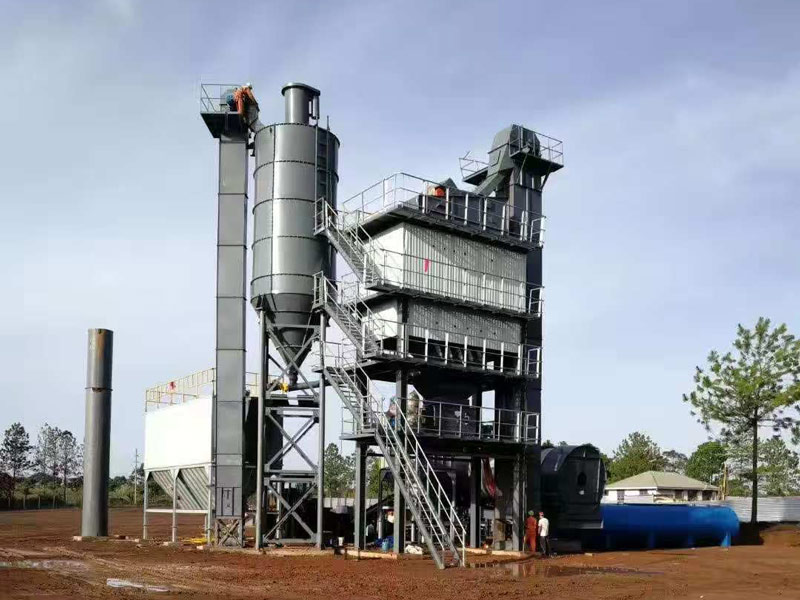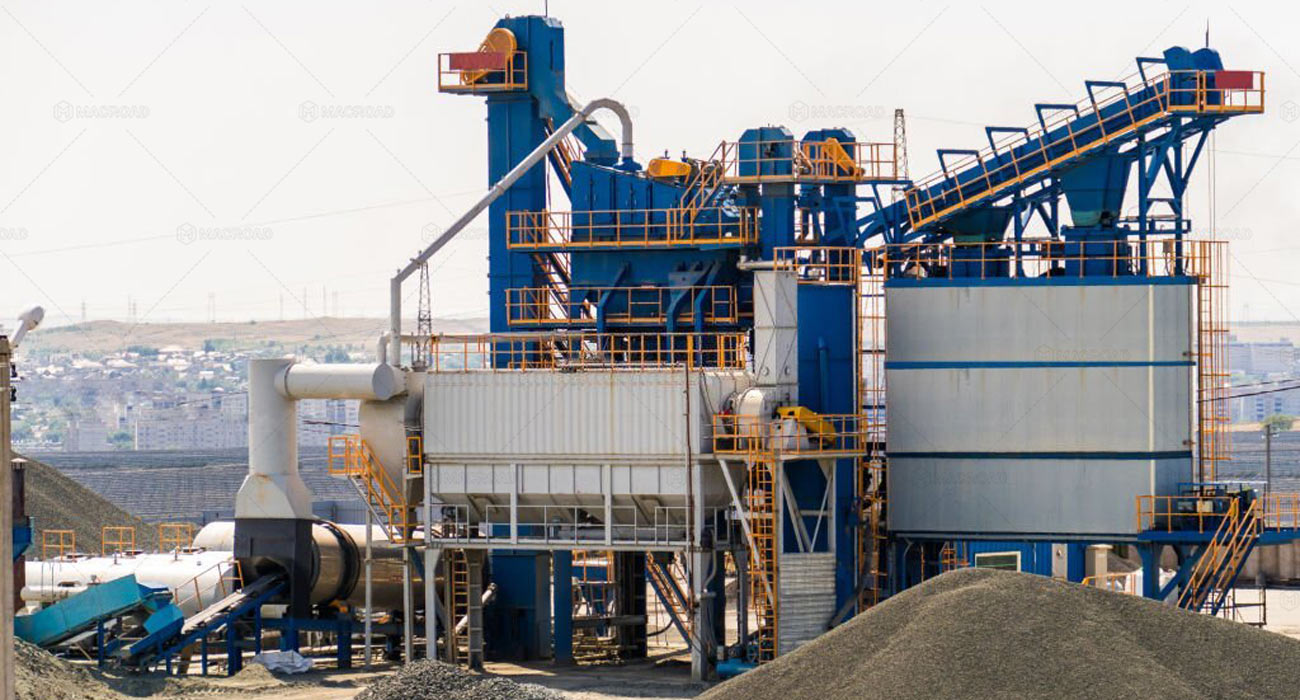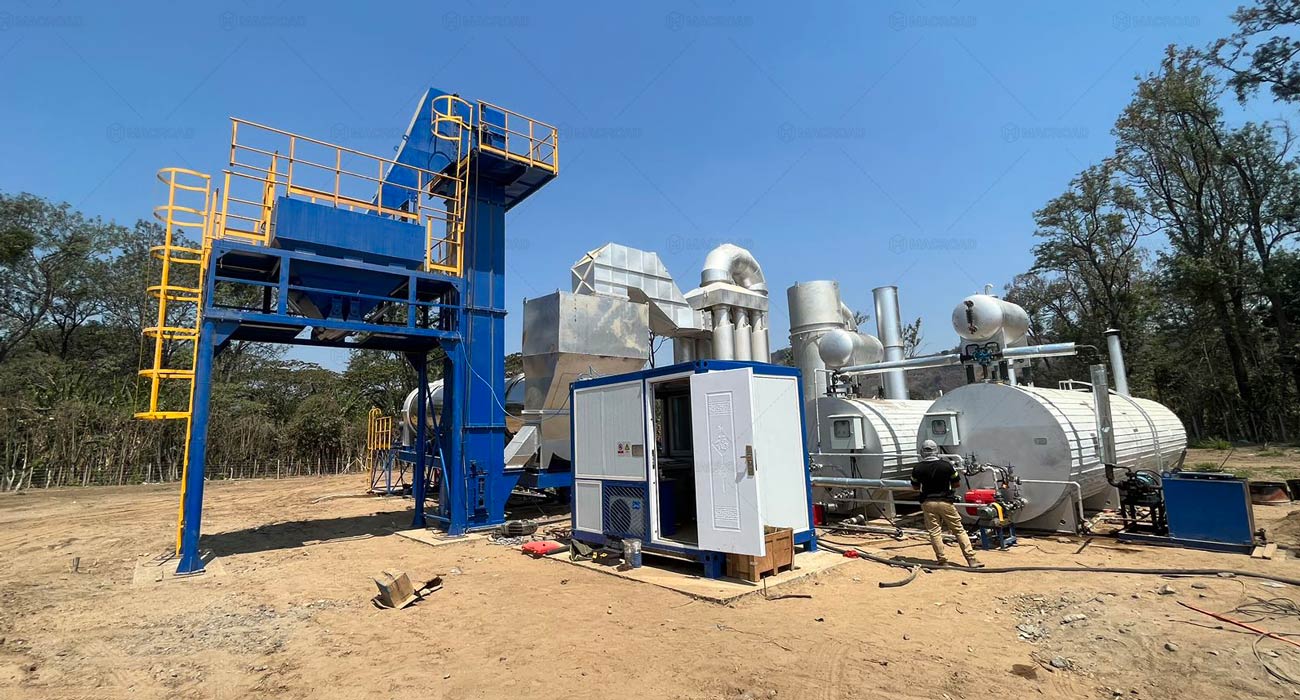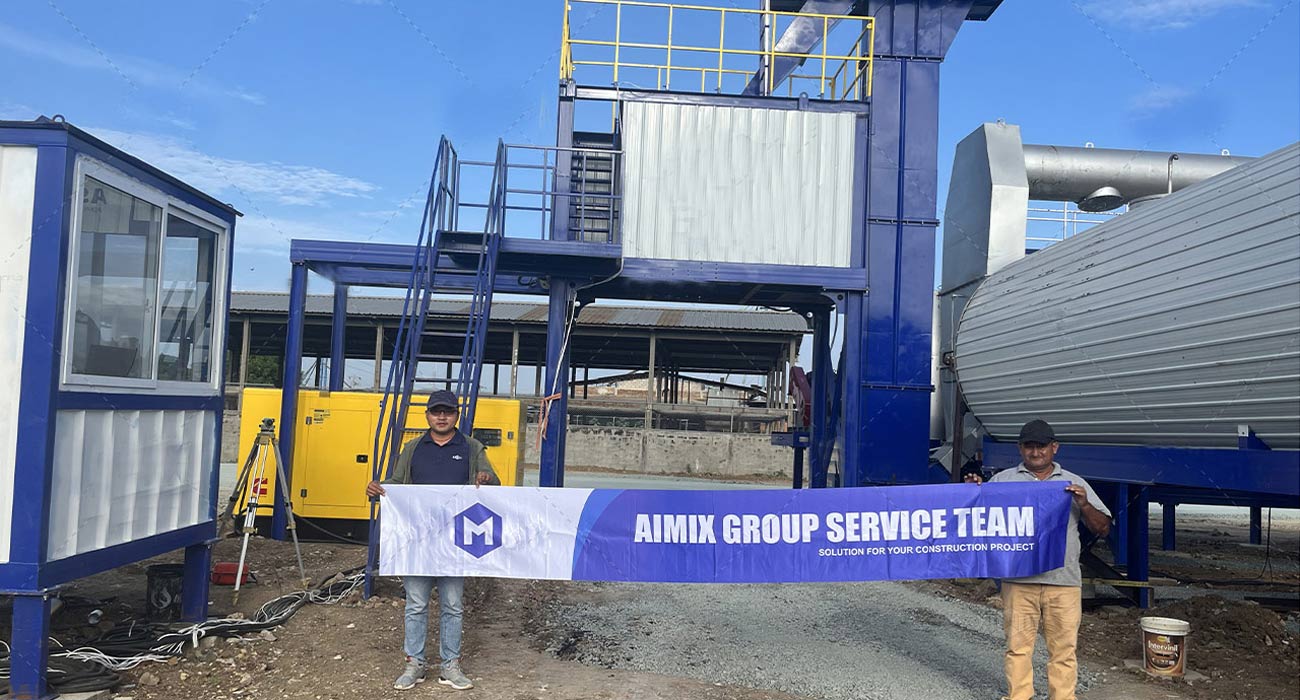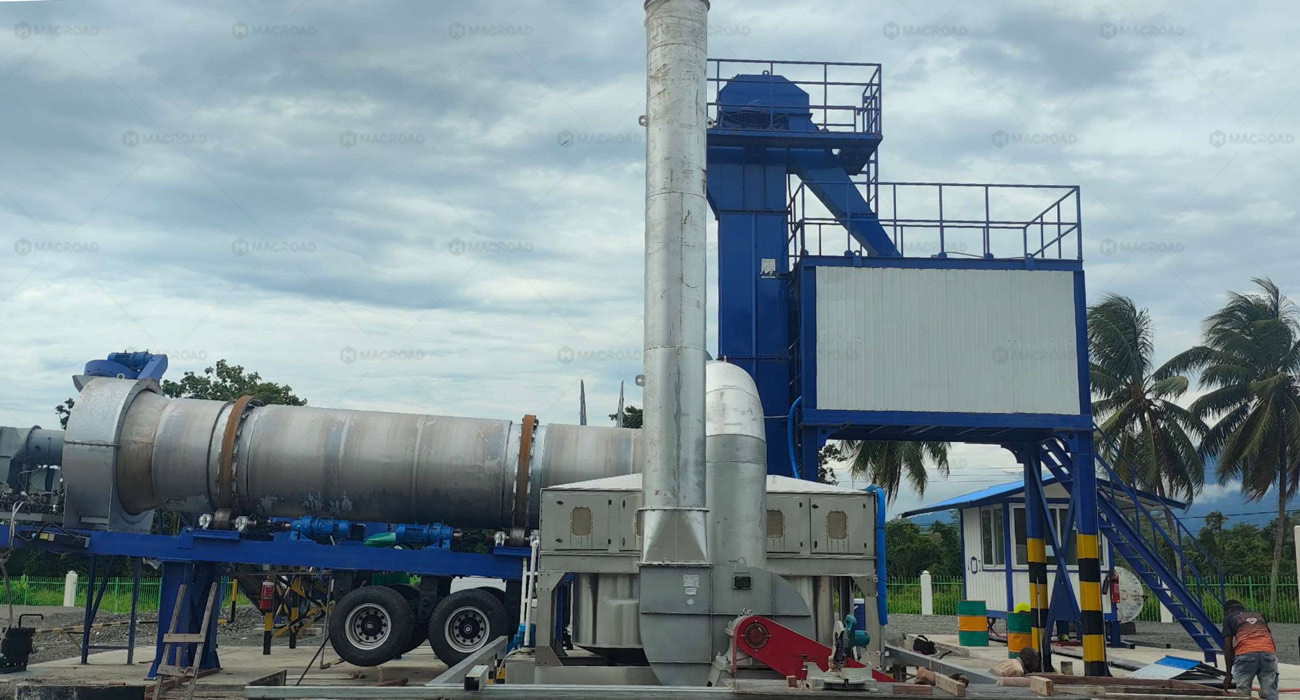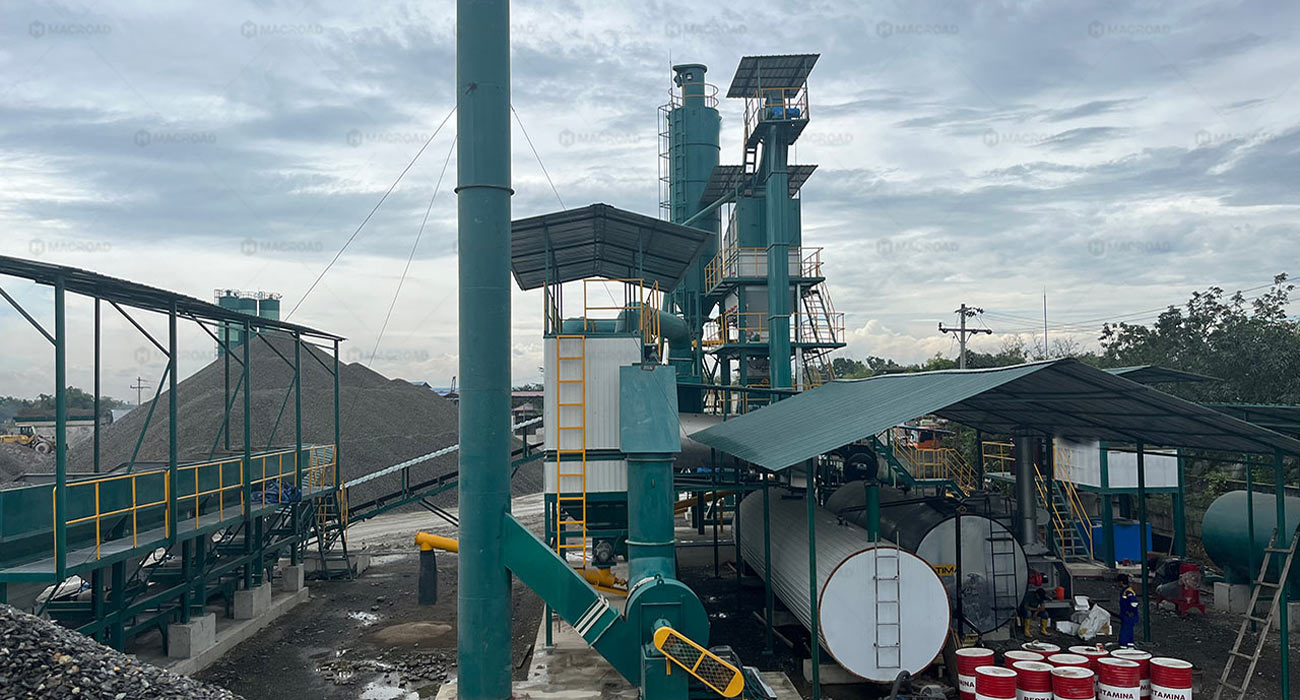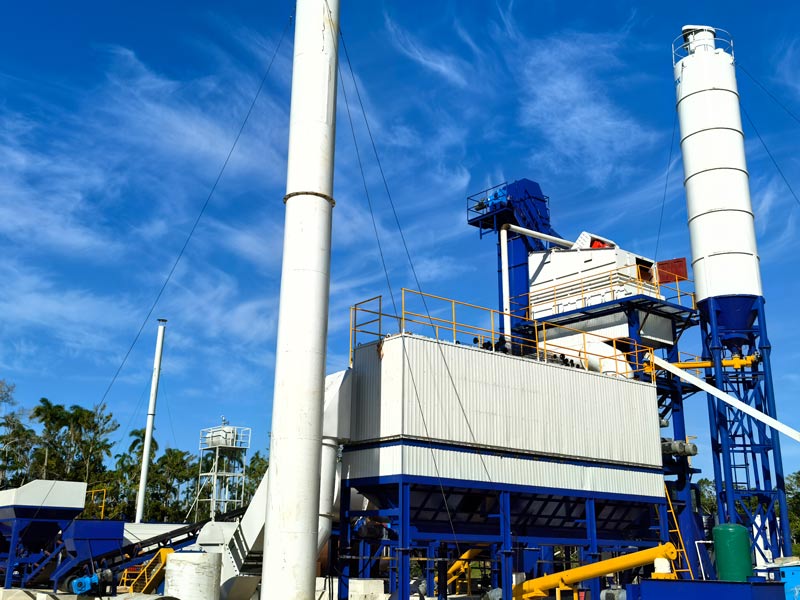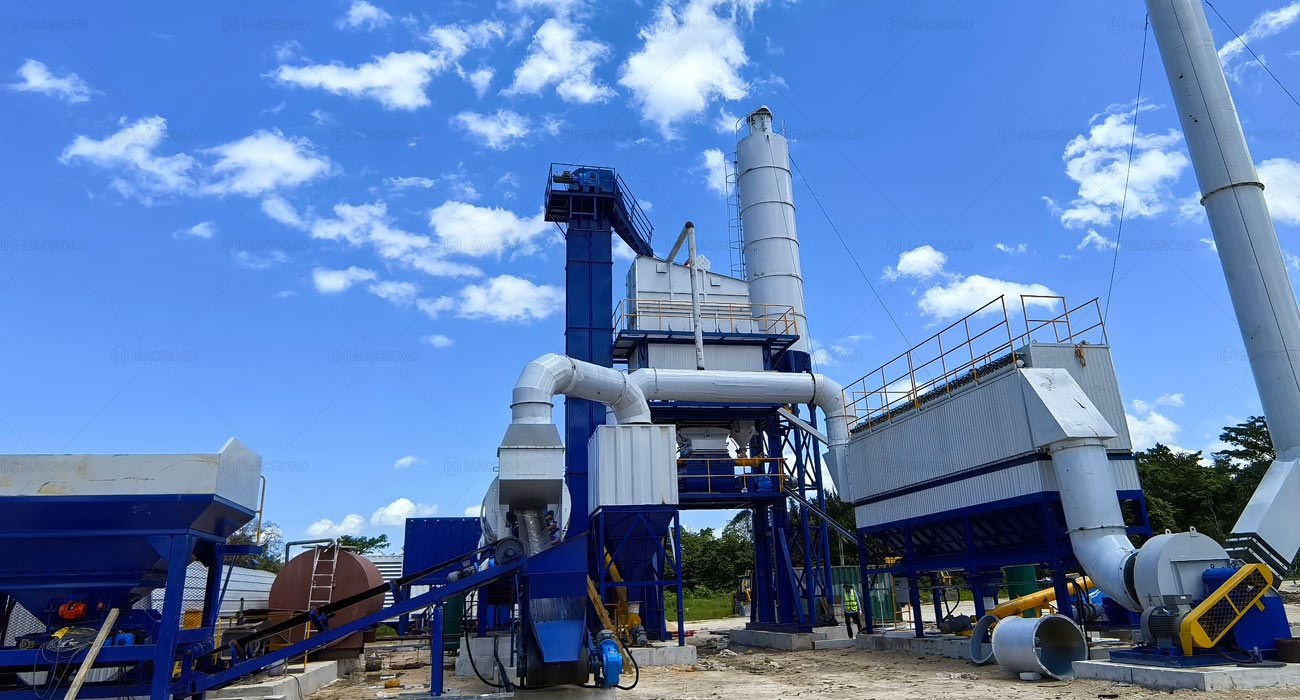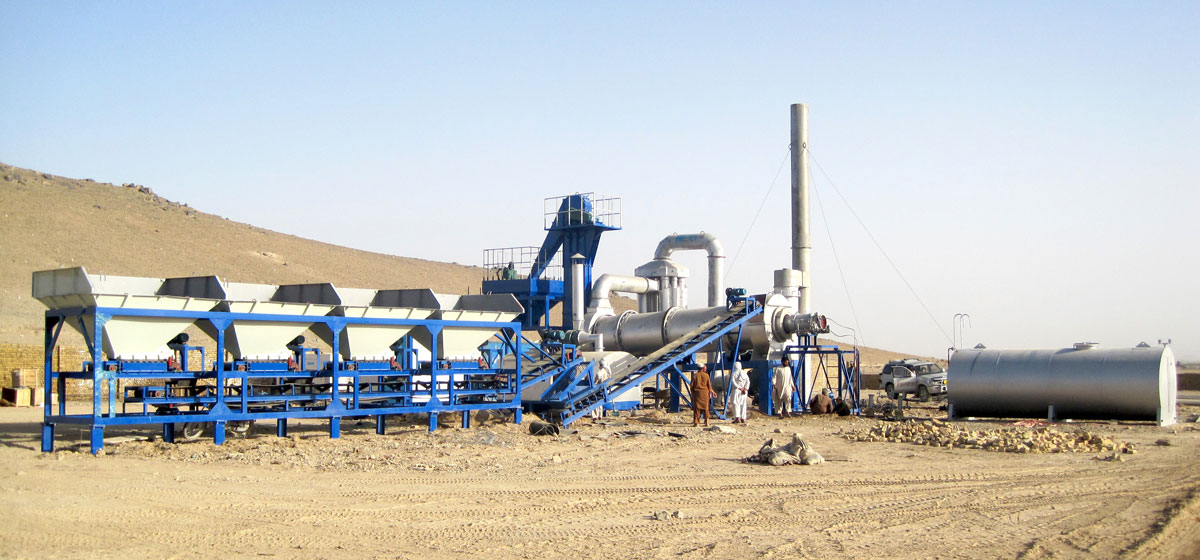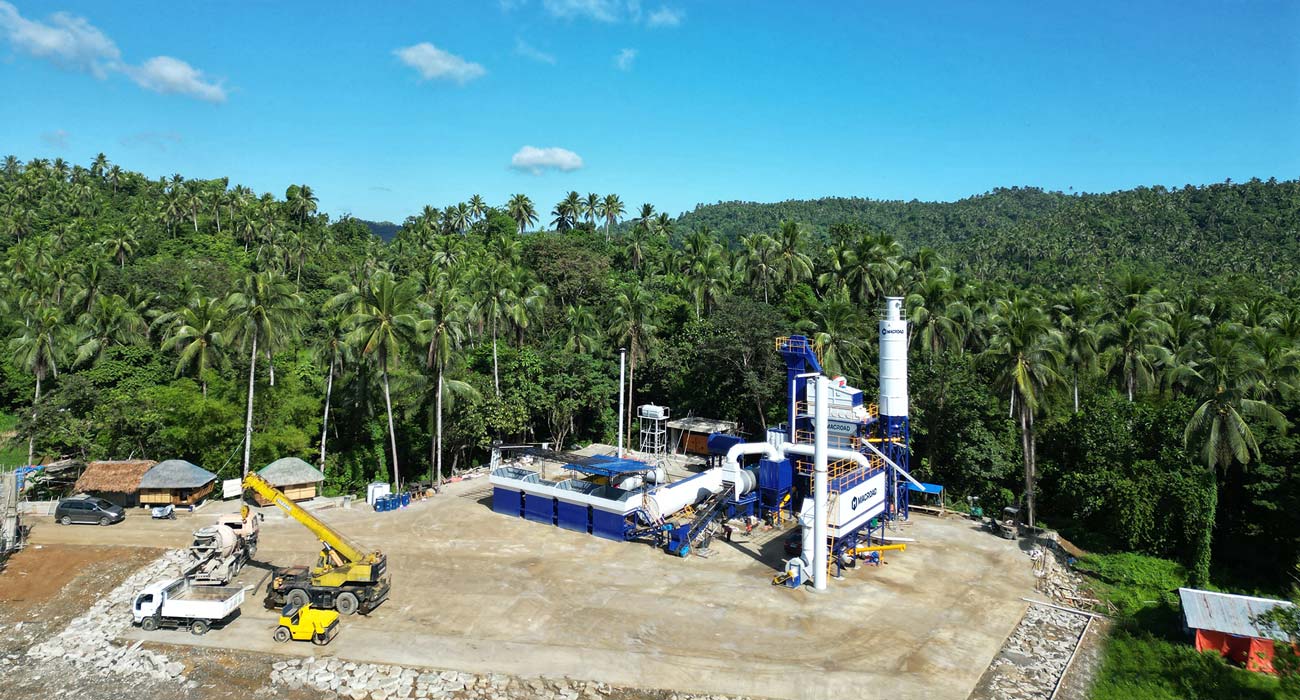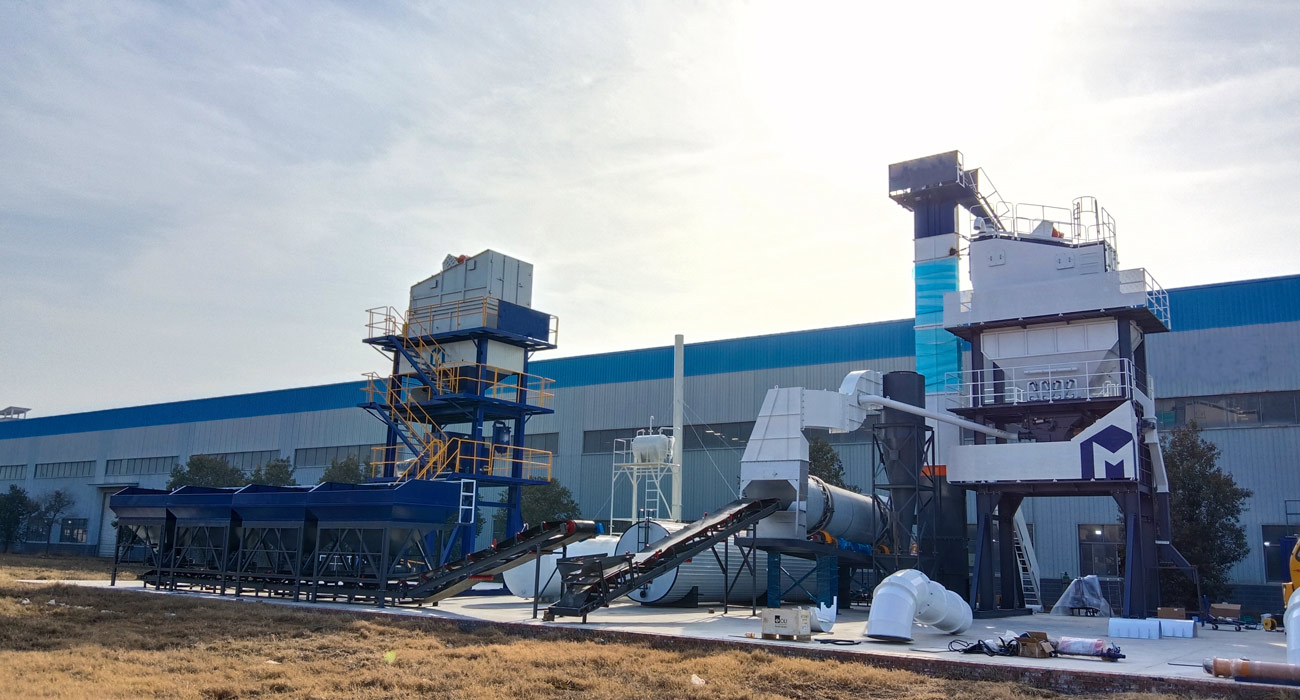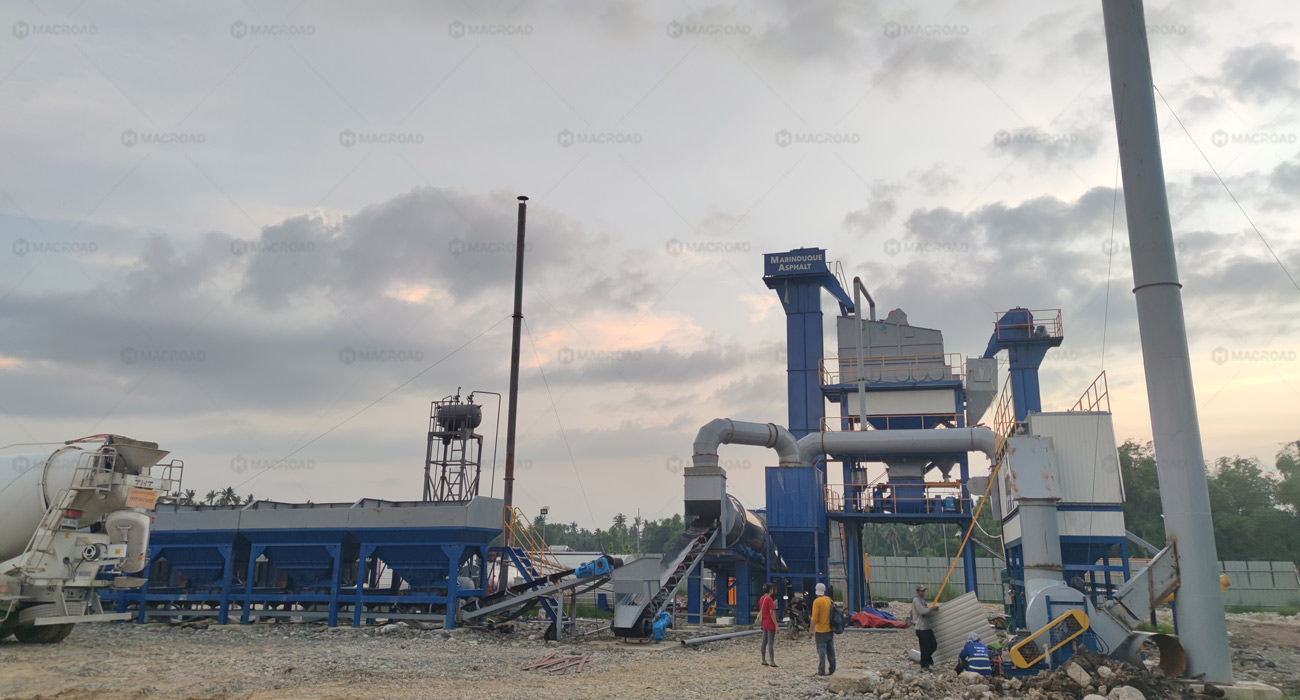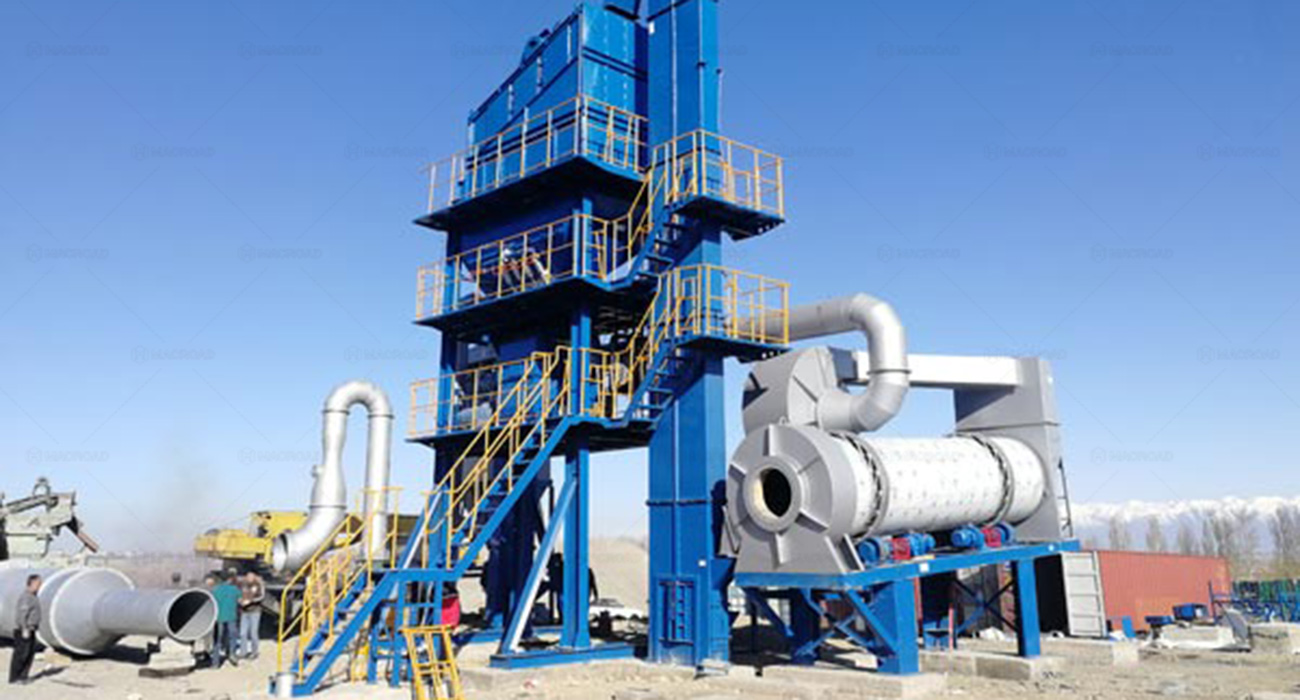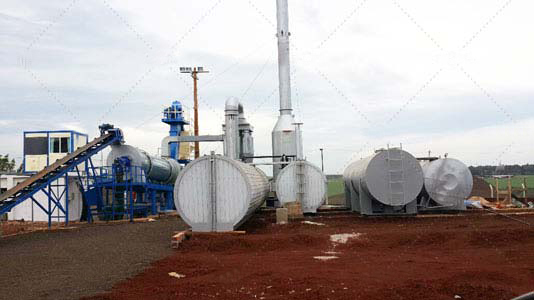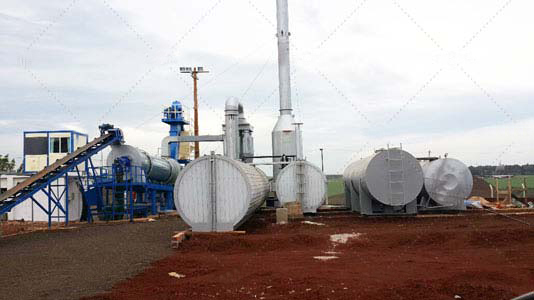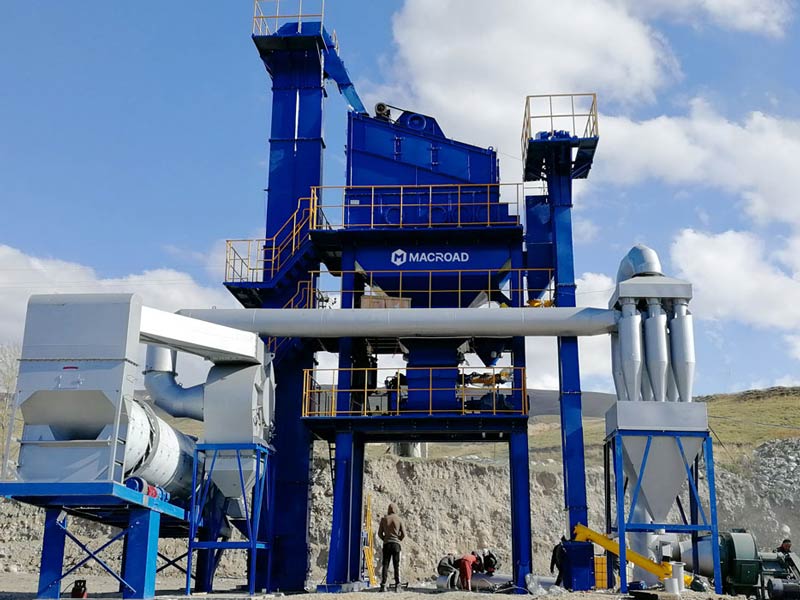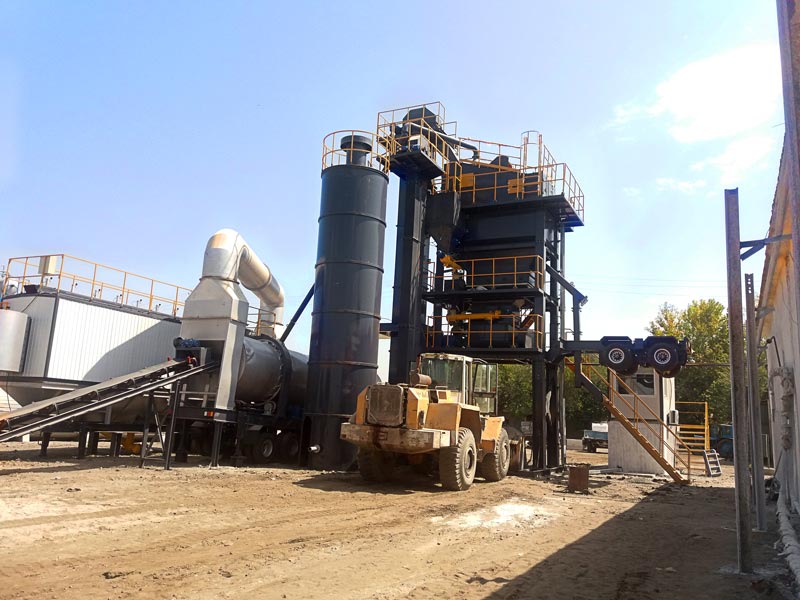In extremely cold areas road construction, maintaining the optimal temperature of asphalt mixtures during transportation and paving is crucial for ensuring quality. A synergistic mechanism exists between the silo insulation design of asphalt mixing plants, the temperature control measures of transport vehicles, and the connection rhythm of on-site pavers. This article explores how these elements work together to minimize temperature loss, ensuring that the asphalt mixture retains its properties from the mixing plant to the paving site.
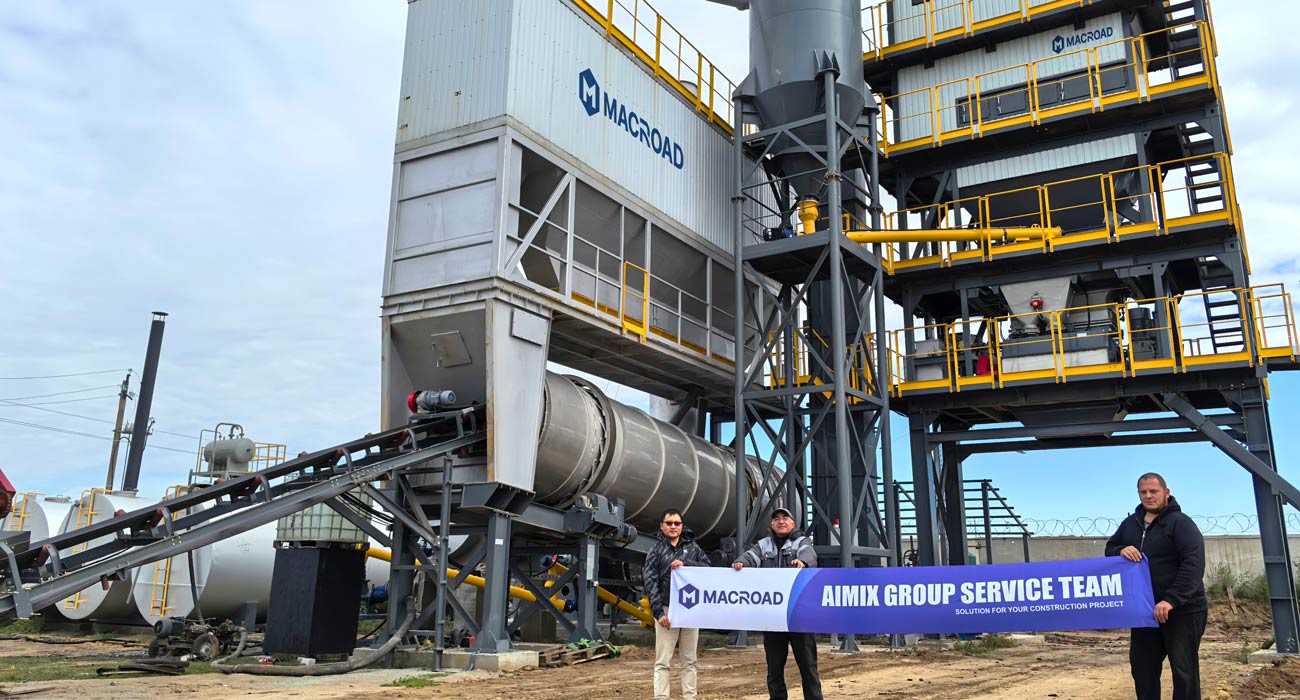
Silo Insulation Design and Its Importance
The silo insulation design of asphalt mixing plants plays a pivotal role in retaining the temperature of asphalt mixtures. Proper insulation minimizes heat loss, keeping the mixture at an optimal temperature for as long as possible before it is loaded onto transport vehicles. Effective insulation materials and design techniques can significantly reduce thermal conductivity, ensuring that the asphalt remains workable despite ambient temperature fluctuations.
In extremely cold conditions, even a minor temperature drop can adversely affect the performance of the asphalt mixture. When the asphalt is discharged from the silo, its temperature must be carefully monitored and managed to ensure that it meets the specifications required for effective paving. Thus, the insulation design not only enhances the thermal stability of the mixture but also sets the stage for the subsequent steps in the transportation and paving processes.
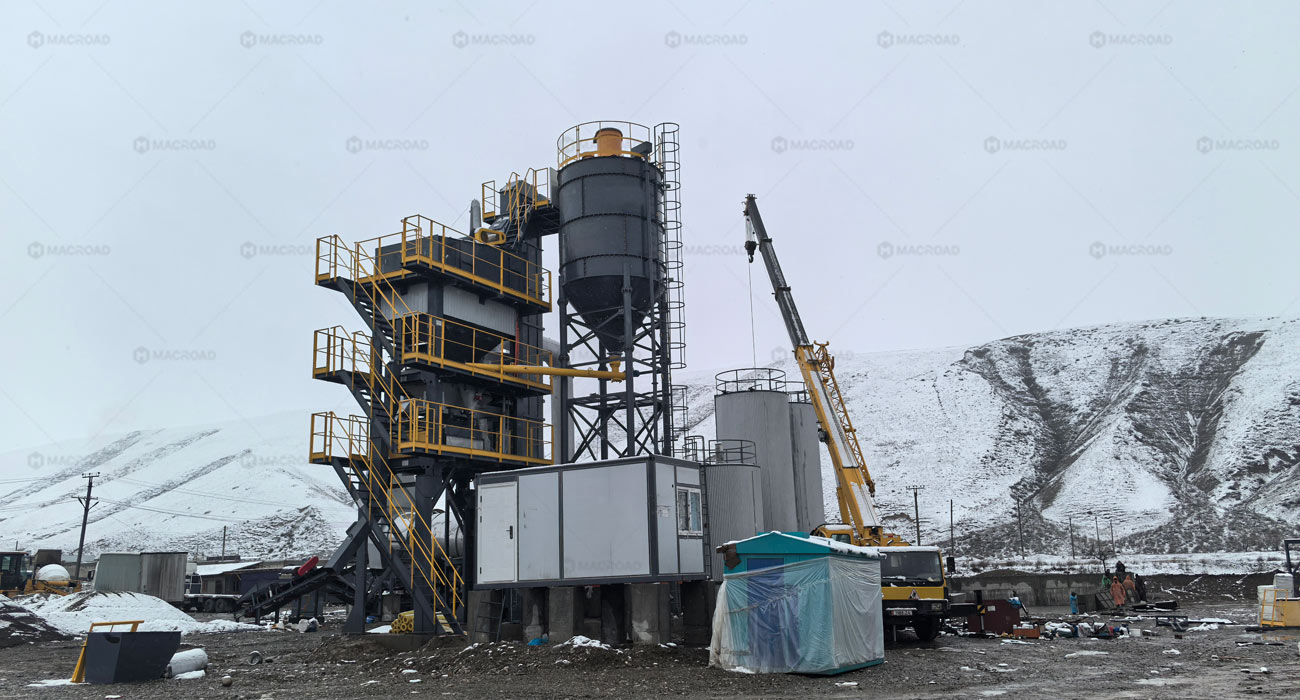
Temperature Control in Transport Vehicles
Once the asphalt mixture leaves the mixing plant, transport vehicles take on the responsibility of maintaining the temperature during transit. Advanced temperature control systems in these vehicles are essential for minimizing heat loss. These systems may include heated beds and insulated covers, which help to maintain the asphalt at the desired temperature throughout the journey.
Moreover, the transport distance and ambient temperature significantly influence the approach to temperature control. For instance, transport vehicles can be equipped with sensors that monitor the mixture's temperature in real time. If the temperature begins to drop below an acceptable level, the vehicle can activate heating systems to compensate. This dynamic adjustment is critical, especially in extremely cold areas, where external conditions can lead to rapid cooling of the asphalt.
By ensuring that the asphalt mixture remains at an optimal temperature during transport, the risk of quality defects during paving is greatly reduced. This seamless transition from the mixing plant to the paving site is vital for maintaining the integrity of the asphalt.
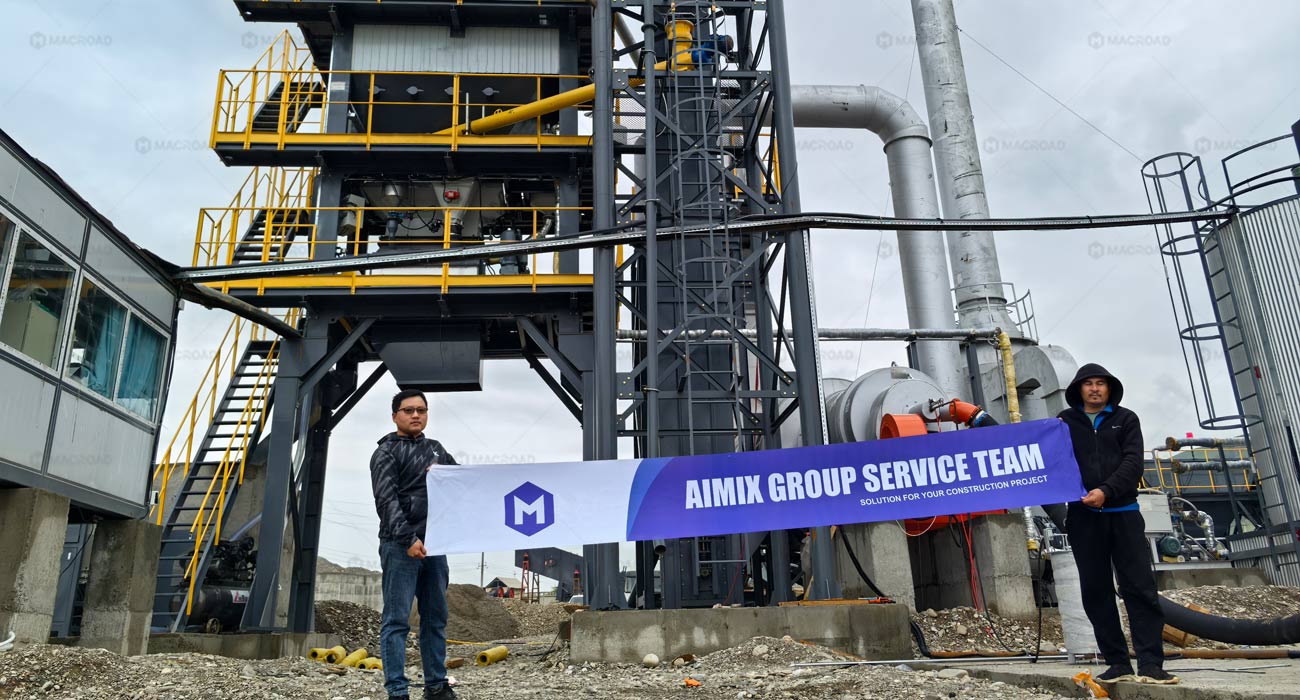
Synchronizing with On-Site Pavers
The final piece of the puzzle in this synergistic mechanism is the connection rhythm of on-site pavers. Effective coordination between the asphalt delivery and the paving operation is critical to avoid construction interruptions. When the asphalt arrives at the site, it must be used promptly to prevent it from cooling too much, which can lead to difficulties in application and affect the final surface quality.
To achieve this synchronization, the mixing plant can dynamically adjust the mixture's discharge temperature based on transport distance and ambient temperature. For example, if the transport distance is longer or the ambient temperature is particularly low, the plant may increase the discharge temperature to compensate for anticipated heat loss during transport. This proactive approach ensures that the asphalt remains within the ideal temperature range when it reaches the paver.
Additionally, effective communication between the mixing plant and the paving team is essential. By sharing real-time data about the asphalt's temperature and the expected arrival time, the paving crew can prepare accordingly, ensuring that they are ready to lay the asphalt as soon as it arrives. This synchronization helps maintain a continuous operation, preventing any delays that could lead to quality defects in the finished road surface.
In conclusion, effective management of asphalt mixture temperature in extremely cold areas road construction relies on a synergistic approach that integrates silo insulation design, transport vehicle temperature control, and on-site paver coordination. By optimizing each of these elements, construction teams can ensure that the asphalt mixture maintains its desired properties throughout the entire process, leading to high-quality road surfaces that withstand the challenges of cold environments.
